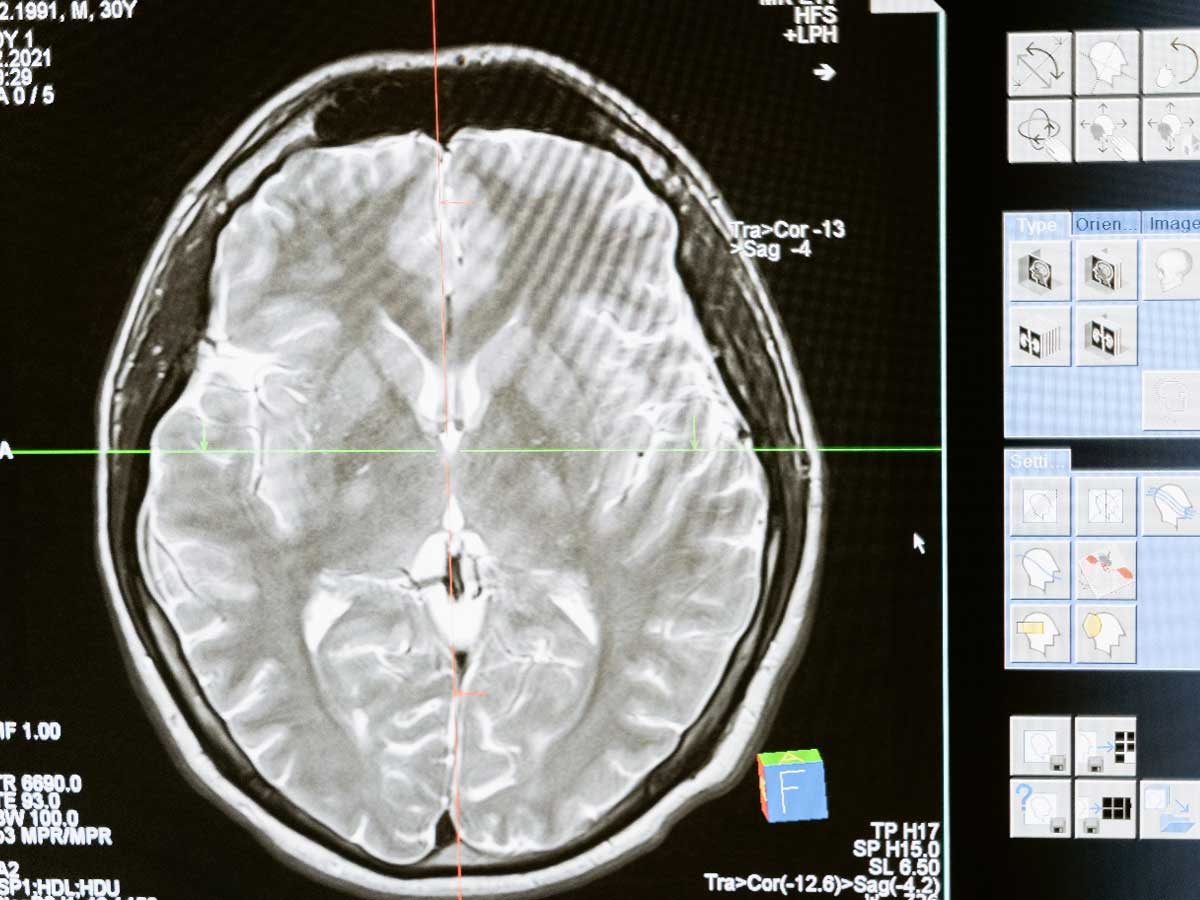
Half of Americans are active alcohol consumers and 85.6% of adults have consumed alcohol at some point in their lifetime.
While millions of Americans enjoy the social aspects of moderate alcohol consumption, drinking to excess can take a serious toll on your brain and have lasting side effects that are, in fact, irreversible. Before you start to worry that your next after-hours happy hour with the team could turn into a bender, keep in mind that the CDC defines binge drinking as consuming more than four drinks per occasion for women, and five for men. While you might think you can control alcohol’s effects and feel fully recovered the next morning, your brain is going through some changes that you may not be aware of. This is an important consideration for those who are required to function at a high level in the workplace.
If you’re sober curious or considering living alcohol free, knowing how alcohol affects the brain is the first step in making an informed decision. Many of us already know the feeling of being intoxicated and the resulting hangover, but what really goes on in your brain and body when you drink and how can this affect your work and ability to lead?
How Alcohol Works in the Body
When you consume alcohol, it is absorbed into your bloodstream and quickly travels to your tissues, making its way to your brain in 5 minutes. There, it interferes with the normal function of neurotransmitters, which are the brain’s chemical messengers. Within 10 minutes, your body will start to feel the effects. This interference causes the common symptoms of intoxication, such as slurred speech and impaired motor skills. As your blood alcohol concentration (BAC) level rises, so does the severity of your symptoms until irreversible brain damage can occur.
The Effects of Alcohol on the Brain
Short-Term Memory Loss
One of the first things you’ll notice when you consume alcohol regularly is that your short-term memory starts to fail. Have you ever had a conversation with someone while drinking and then completely forgot what was said the next day? That’s because alcohol has a profound effect on the hippocampus, which is the part of your brain responsible for forming new memories. When you drink, the hippocampus is unable to convert short-term memories into long-term ones.
Impaired Judgment
Another common symptom of intoxication is impaired judgment. This is because alcohol affects the prefrontal cortex, which is the part of your brain responsible for decision-making and executive functioning. When this area is impaired, you’re more likely to make poor decisions, which is less than ideal when you have the future of an organization in your hands.
Slowed Reaction Time
Alcohol affects the cerebellum, which is responsible for coordinating muscle movements. So, if you’ve ever wondered why you can’t walk in a straight line or why it’s harder to catch a ball when you’re drunk, this is why. As your alcohol consumption increases, your motor skills will continue to decline, which can lead to accidents and injuries – particularly dangerous if you’re on the job.
Increased Emotional Instability
If you’ve ever found yourself getting emotional for no reason after a few drinks, it’s not just in your head. Alcohol affects the amygdala, which is responsible for regulating emotions. When you drink, you’re more likely to experience extremes in emotions, such as happiness and sadness, making it almost impossible to regulate emotions in a high-pressure business environment .
Decreased Inhibitory Control
Inhibitory control is what allows us to control our impulses and resist temptation. When we drink, this function is impaired, which can lead to risky behavior, such as fighting or driving recklessly. In the workplace, this can manifest as poor decision-making, such as taking unnecessary risks or engaging in unethical behavior.
Blackouts
A blackout is when you can’t remember what happened while you were drinking. This is because alcohol interferes with the brain’s ability to create memories. Blackouts are more common than you might think and can be very dangerous. If you’ve ever woken up after a night of drinking with the other business execs and had no memory of how you got home, you’ve experienced a blackout.
Cell Death
Excessive drinking can lead to cell death in the brain. This is because alcohol damages neurons, which are the cells responsible for transmitting information. When neurons are damaged, they’re unable to function properly, which can lead to problems with learning and memory. In a fast-paced business arena where other employees are looking to you for answers, being at the top of your game is essential. Without the full function of your brain, you’re at a serious disadvantage, and your business is likely to suffer.
The Bottom Line
Leading with a clear head is essential to being able to navigate the challenges of the business world. While you may feel like you can control alcohol consumption, its effects on your brain are tangible and can have a profound impact on your ability to lead effectively. Alcohol disrupts brain function, making it difficult to think clearly, make sound decisions, and act fast if the situation calls for urgency. Sober coaching can help to clarify your individual goals and objectives, set boundaries, and develop a plan to maintain sobriety in the face of business challenges. Making alcohol help for executives available in the workplace is not only essential for the health and safety of employees, but it can also improve productivity, morale, and the bottom line.
At Lead Sober, we help high-performing leaders and executives ready to redefine their relationship with alcohol, make better decisions, and get better results.





